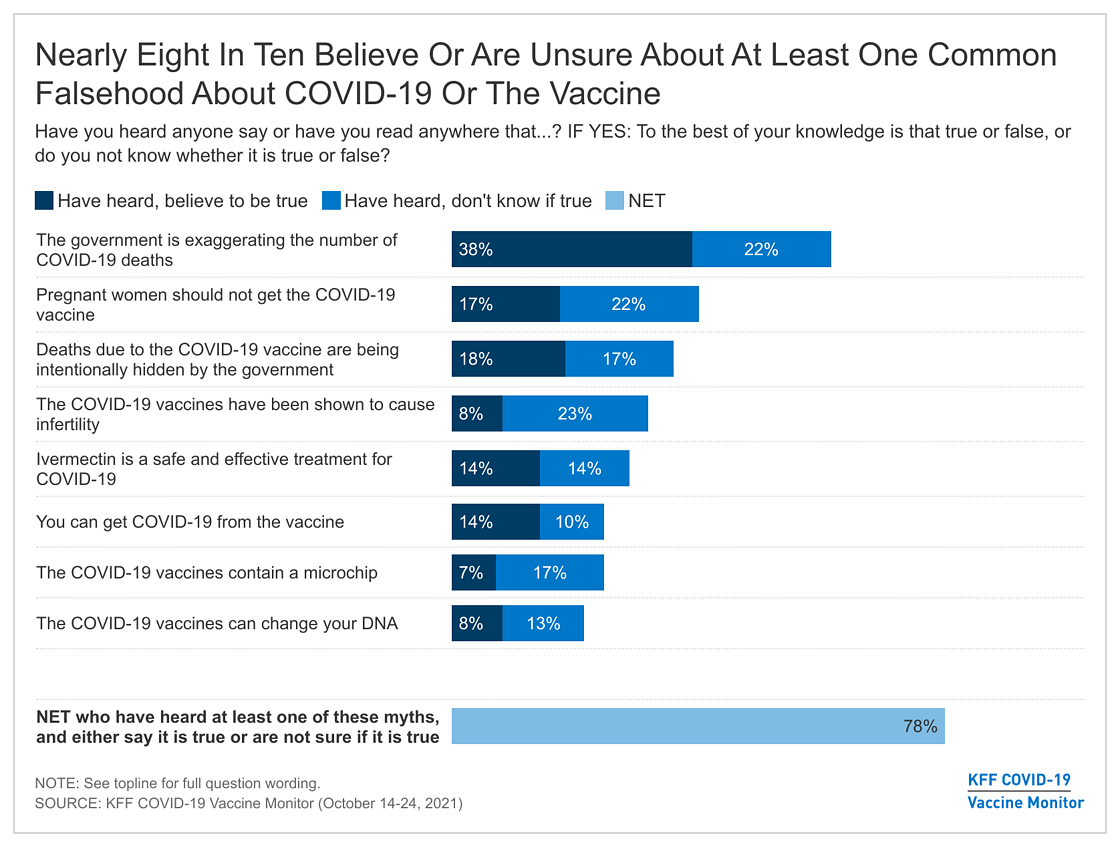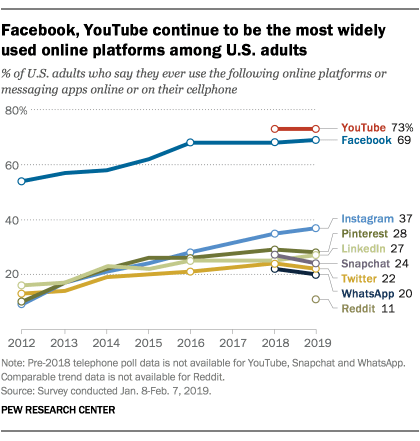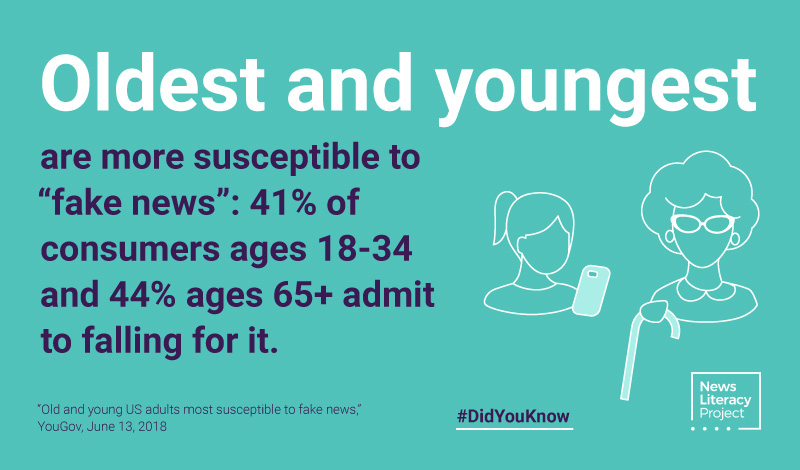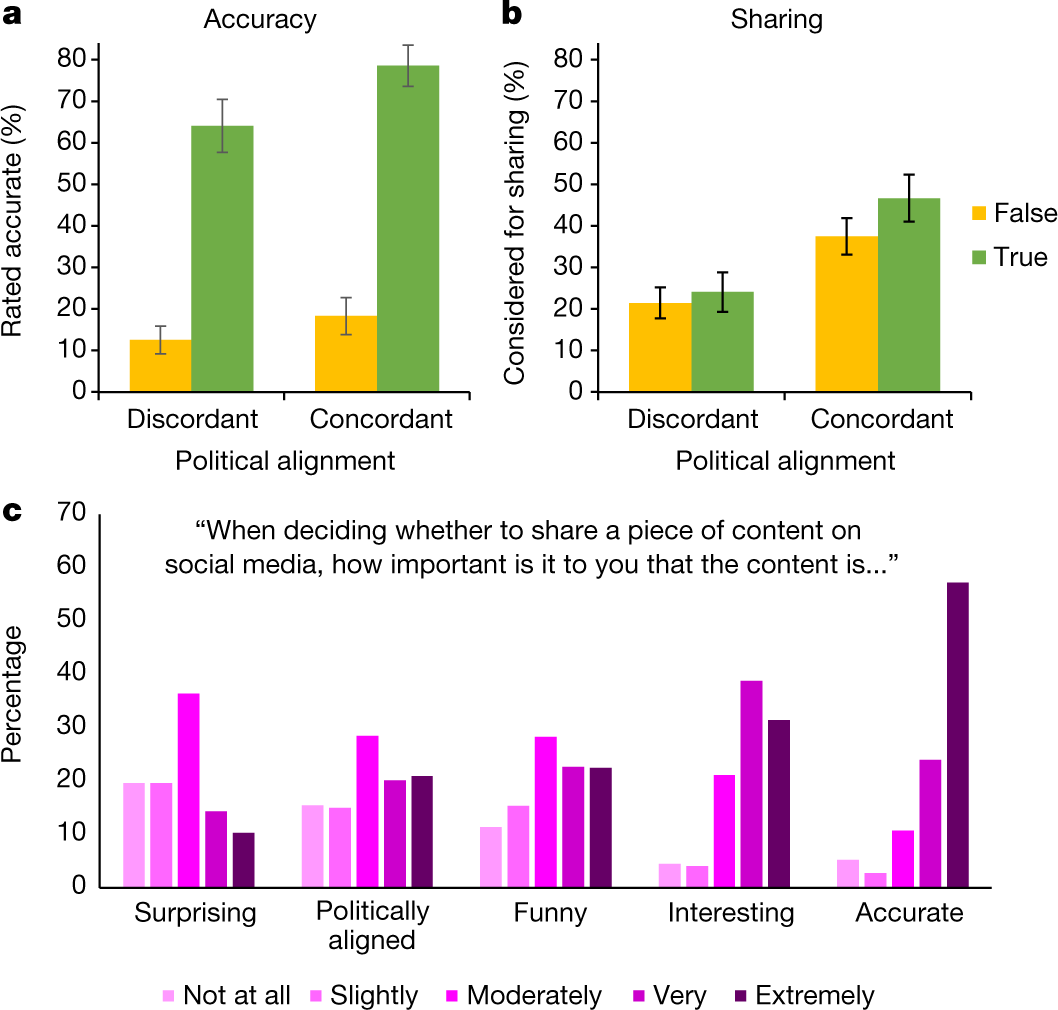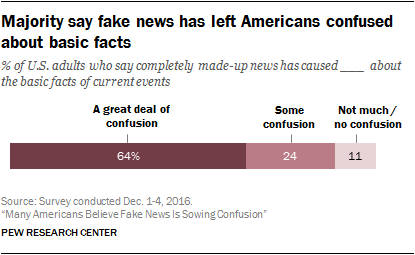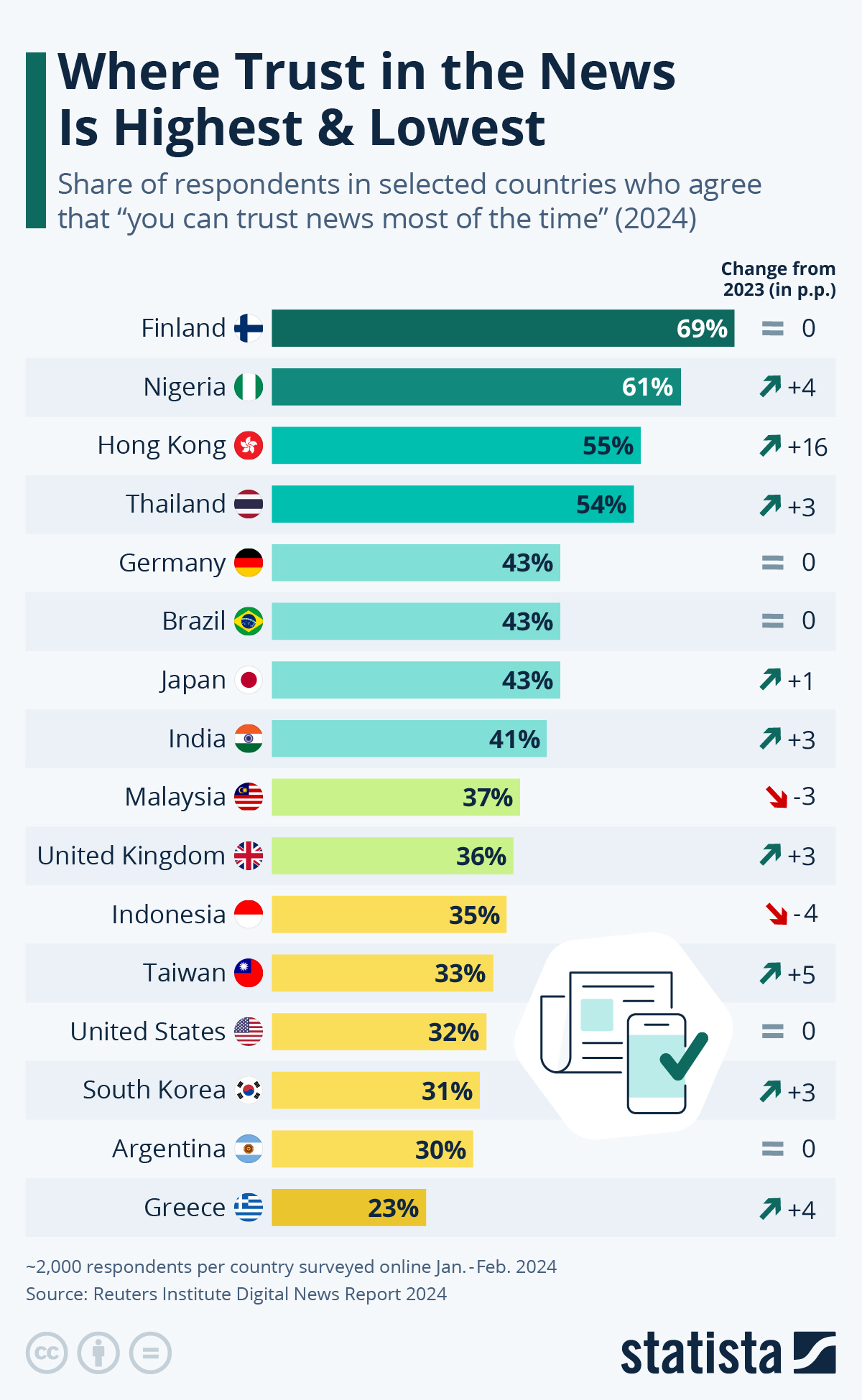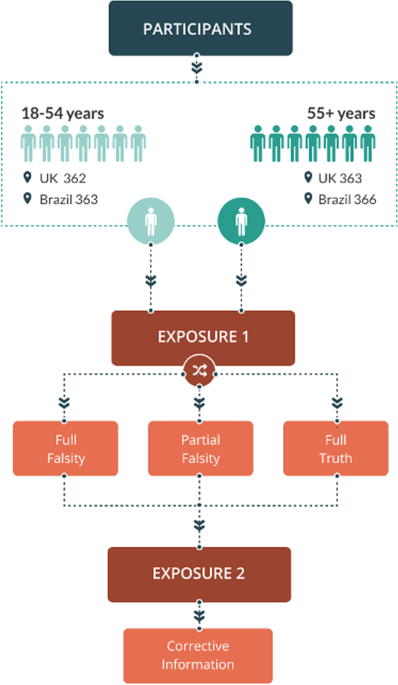
How shades of truth and age affect responses to COVID-19 (Mis)information: randomized survey experiment among WhatsApp users in UK and Brazil | Humanities and Social Sciences Communications

Older people and Republicans are most likely to share Covid-19 stories from fake news sites on Twitter | Nieman Journalism Lab

Older People Shared Fake News on Facebook More Than Others in 2016 Race, Study Says - The New York Times
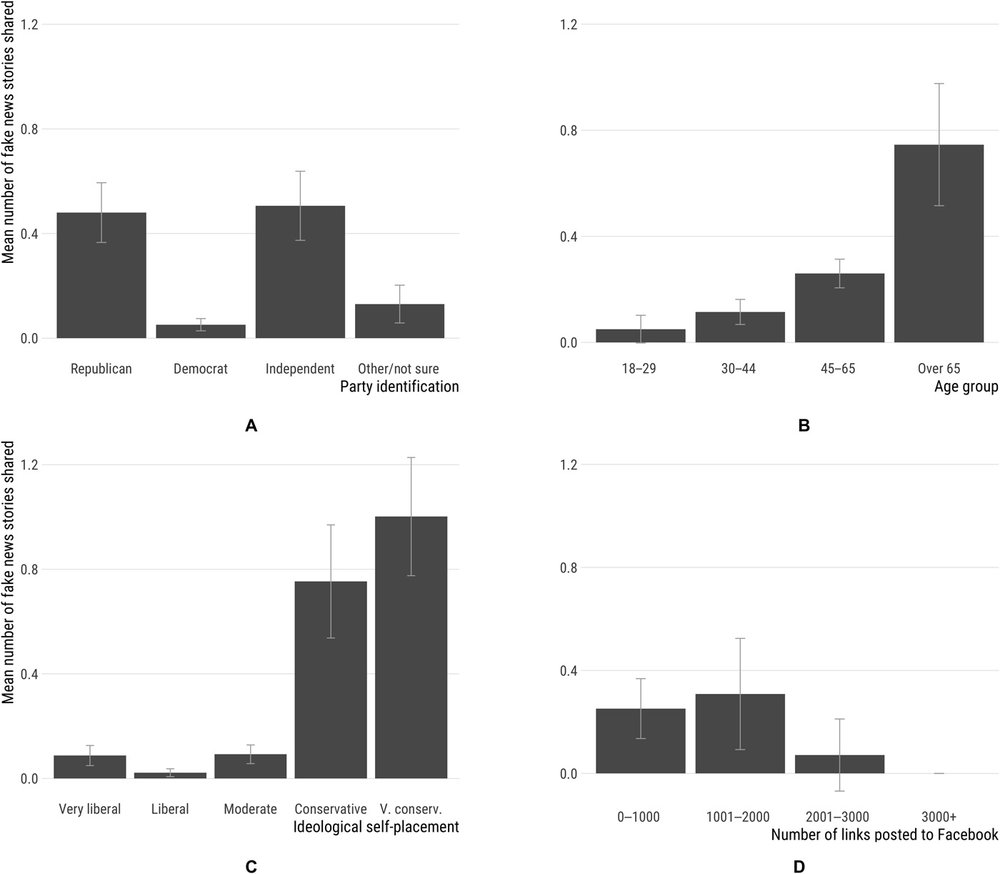
Fake news sharing is rare but older people over 65 are more likely to share these articles, study finds — SAGE Ocean | Big Data, New Tech, Social Science
